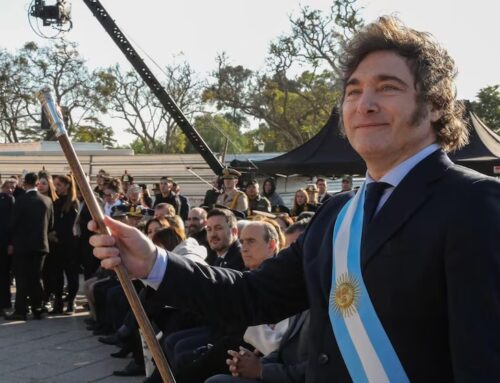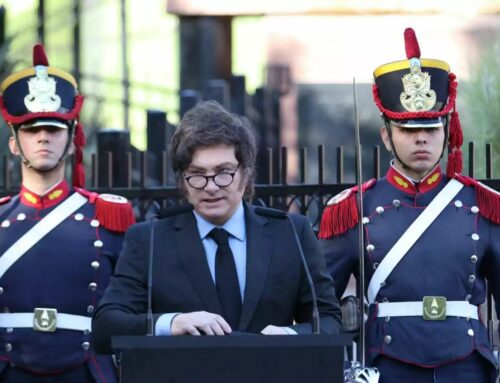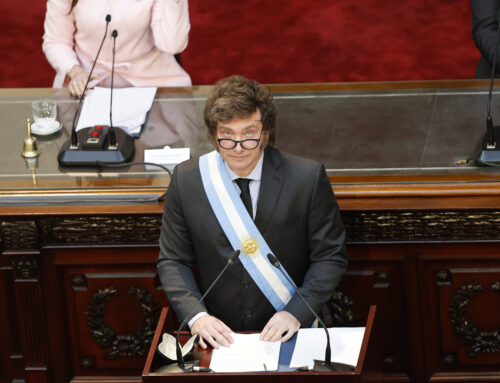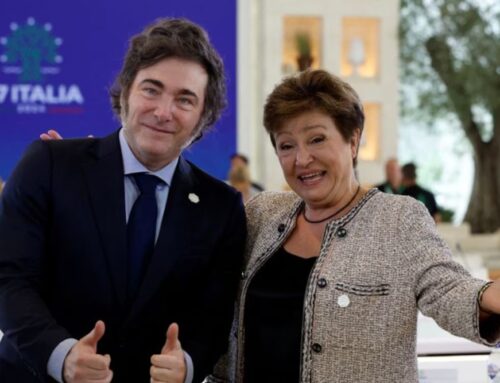With national legislative elections less than a month away, President Javier Milei faces a dual challenge: restarting his campaign after the U.S. trip—where significant support was pledged—and building the political consensus in Congress that Washington expects as a condition of backing.
His team must walk a fine line. On one hand, they will maintain a forceful rhetorical posture against the Kirchnerist bloc. On the other, they need to court moderates and some provincial leaders to avoid legislative failures. In internal discussions, aides concede that some defeats are inevitable, but the strategy is to minimize damage and project willingness to engage.
Growing pressure from the U.S. Treasury, via Secretary Scott Bessent, reportedly includes an unspoken demand: “governability.” Washington’s financial and diplomatic support is contingent, in part, on Milei showing that his reforms can pass through Congress. This means negotiating vetoes, undermining extreme polarization, and reaching workable alliances without abandoning his core agenda.
The campaign shift is already visible. The government is dialing back the harshest personal attacks on non-left opponents (excluding the Kirchnerist left), and senior officials are now actively reopening channels with figures they had dismissed. The Interior Ministry is coordinating province-level outreach. There is also renewed signaling toward Mauricio Macri’s circle and the “Provinces United” movement — potential swing allies in key districts like Córdoba and Santa Fe.
In short: Milei must blend campaign energy with institutional diplomacy. If he can reset the tone without losing identity, he may transform U.S. backing into real legislative muscle. If not, even with financial support, his reforms could stall amid gridlock and internal backlash.






Leave A Comment